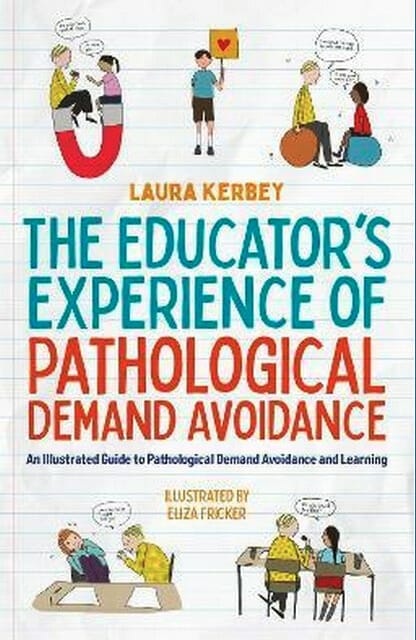Description
An Empowering PDA education guide. Practical Ideas for educators:
- Understand Pathological Demand Avoidance (PDA): It’s a unique autism type that requires a different approach.
- Re-evaluate teaching strategies: Traditional autism strategies may not work for PDA students.
- Connect with your student: Foster strong relationships to ensure mutual understanding and cooperation.
- Create an autonomous, spontaneous environment: This is conducive for PDA students and can help them thrive.
- Personalize the learning experience: Tailor your teaching techniques to match individual student’s needs.
- Implement PDA-friendly learning: Educate yourself about PDA to better support your student’s learning experience.
- Utilize entertaining and engaging resources: Use illustrations and fun anecdotes to make learning more enjoyable for the student.
- Be open to change: Recognize that effective teaching may require changing pre-existing methods and perspectives.
I realised EVERYTHING I was doing was wrong. I needed to learn. I needed to change. During Laura Kerbey’s time teaching autistic children, she had a sudden realisation that those with Pathological Demand Avoidance (PDA) are children like no other! None of her tried and tested autism strategies would work to help them focus or learn and most of her time was spent wondering, what am I doing wrong? If you feel the same, this short, easy-to-read guide is here to teach you everything you need to know from one educator to another. With an introduction to what PDA is followed by PDA tailored advice on how to connect with your student and create an autonomous, spontaneous environment that is personalised for you both, this guide is here to ensure that you and your PDA student thrive! Illustrated by the popular Eliza Fricker and packed with entertaining anecdotes (including one about Jabba the Hut’s poo), this go-to-guide contains everything you need to start implementing PDA friendly learning to help you connect with your student and help them make the most of their learning experience.






 Sorry we no longer ship items outside Australia. Please consider the digital versions of Sue’s Books –
Sorry we no longer ship items outside Australia. Please consider the digital versions of Sue’s Books – 